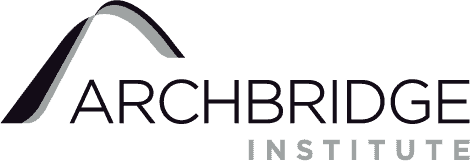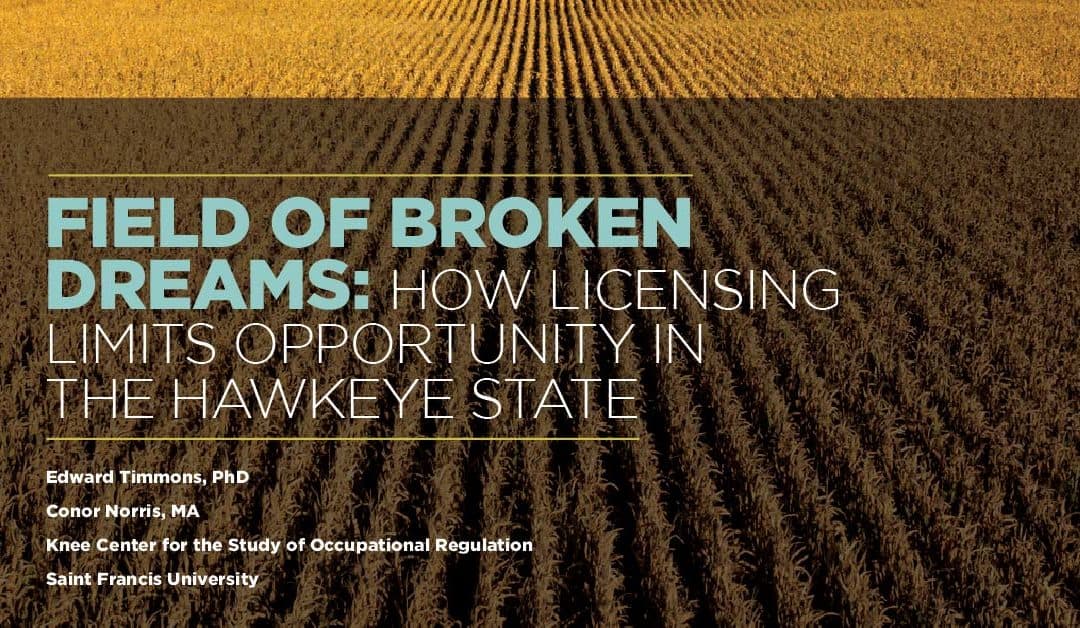Click Here to Open the PDF in a New Tab
Why Does Occupational Licensing Matter in the Hawkeye State?
As 2019 came to a close, the labor market nationally could not be in better shape. Conditions are even better in Iowa. In December of 2019 according to the Bureau of Labor Statistics, the unemployment rate in Iowa was 2.7 percent–0.8 percentage points lower than the national average (3.5 percent). Although most Iowans are able to fully benefit from this robust job market, some of the most vulnerable citizens of the state are blocked from receiving an invitation to the party.
Occupational licensing establishes laws that require aspiring workers to obtain a government permission slip to work. To obtain this permission slip, individuals must pass exams, pay fees to the government, complete minimum levels of education and training, and meet a variety of other entry requirements. By making it harder for individuals to work, individuals may have a harder time obtaining employment or may be discouraged from participating in the job market altogether.
Occupational licensing has grown from affecting about 5 percent of workers in the 1950s to more than 1 in 5 (22.3 percent) in 2016.[i] Licensing results in wasted or misallocated resources and creates unnecessary barriers to employment and economic prosperity. A recent study estimates that more than 24% of workers in Iowa are licensed and that licensing costs the state more than 48,000 jobs and $287 million per year.[ii]
Proponents of occupational licensing claim that licensing
improves the quality of service delivered to consumers or protects public
safety. Unfortunately, evidence does not support this claim. A comprehensive
report performed by the Obama White House found little evidence that licensing
enhances quality.[iii] In
fact, recent evidence using Yelp reviews suggests that licensing may reduce the
quality of services delivered to consumers.[iv]
In an online platform for consumers seeking residential home improvement and
maintenance services, consumers seemed more interested in the prices and
ratings of professionals than their licensing status.[v]


